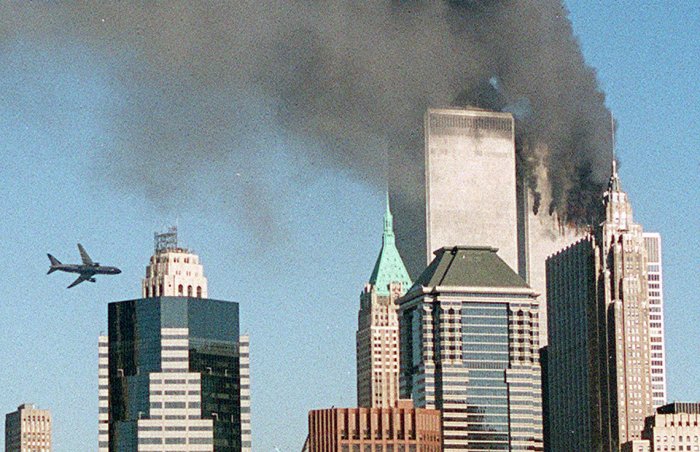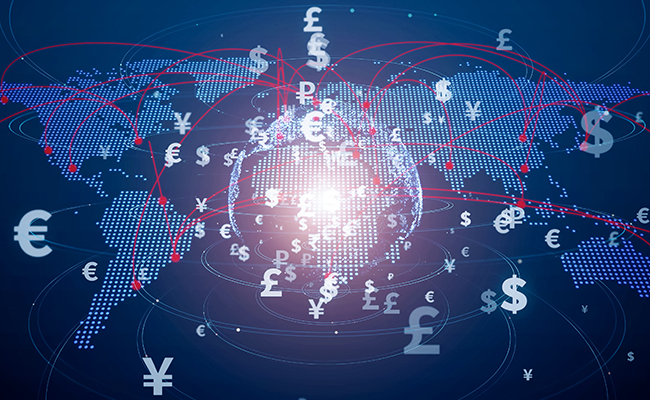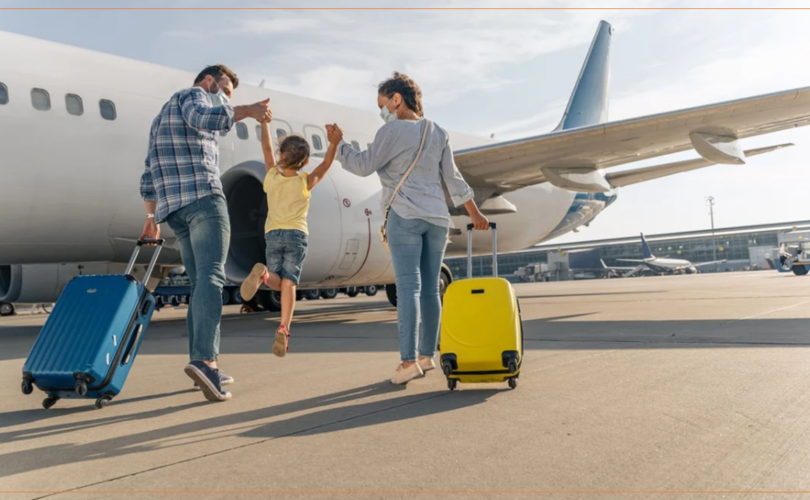How the worldwide aviation security scenario changed after 9/11
The September 11, 2001 terrorist attacks on the World Trade Center and the Pentagon changed the world in many ways. One of the most significant changes was the overhaul of aviation security measures. The attacks exposed significant gaps in aviation security, which had far-reaching consequences. The aviation industry had to undergo a rapid and comprehensive transformation to prevent such attacks from happening again. This article will discuss how the worldwide aviation security scenario changed after 9/11 and the measures that were implemented to address the security gaps.
Before 9/11, airport security measures were relatively lax, and the focus was on preventing hijackings rather than terrorist attacks. Airport screening procedures consisted of metal detectors and X-ray machines, and passengers were not required to remove their shoes or belts before passing through security. Passengers were also allowed to carry sharp objects such as knives and scissors, which were not deemed a significant threat. These procedures were largely ineffective in preventing terrorist attacks.
The terrorist attacks of 9/11 forced the aviation industry to re-evaluate its security measures. One of the most significant changes was the creation of the Transportation Security Administration (TSA) by the US Congress in November 2001. The TSA is responsible for ensuring the security of the traveling public in the United States. The creation of the TSA marked a significant change in the way airport security is managed in the United States.
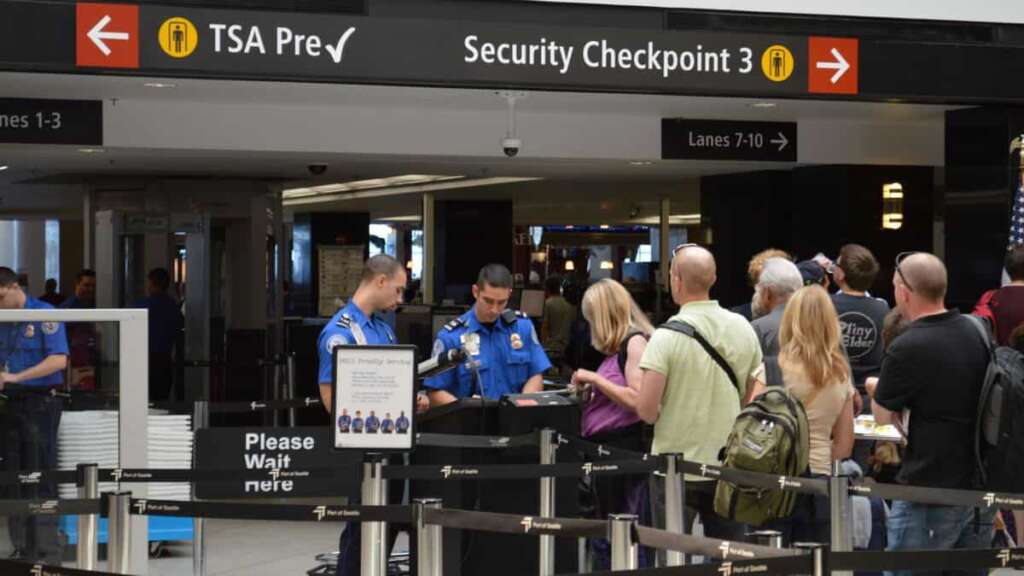
Photo: https://www.freightwaves.com/
The TSA also introduced several new security measures to address the gaps in the existing security procedures. These included mandatory passenger screening, which involved removing shoes and belts, and restrictions on the size of liquids and gels that passengers could carry onto planes. Passengers were also subject to additional screening measures, such as random pat-down searches and full-body scanners.
The implementation of new security measures did not stop with the United States. The International Civil Aviation Organization (ICAO), a specialized agency of the United Nations, issued new guidelines for aviation security in 2002. The guidelines, known as Annex 17, outlined a framework for strengthening aviation security measures worldwide.

Photo: https://www.nextgov.com/
One of the most significant changes introduced by Annex 17 was the requirement for all countries to establish a national civil aviation security program (NCASP). This program is designed to ensure that all aspects of aviation security are addressed, including security measures for passengers, cargo, and airport facilities.
Annex 17 also introduced new security measures for aircraft, such as the requirement for reinforced cockpit doors and the installation of video cameras in the cockpit. These measures were designed to prevent hijackings and improve the overall security of aircraft.
In addition to the changes introduced by the TSA and Annex 17, other countries also introduced their own aviation security measures. For example, the European Union introduced new aviation security regulations in 2002, which included mandatory screening of all passengers and baggage, as well as the introduction of air marshals on some flights.
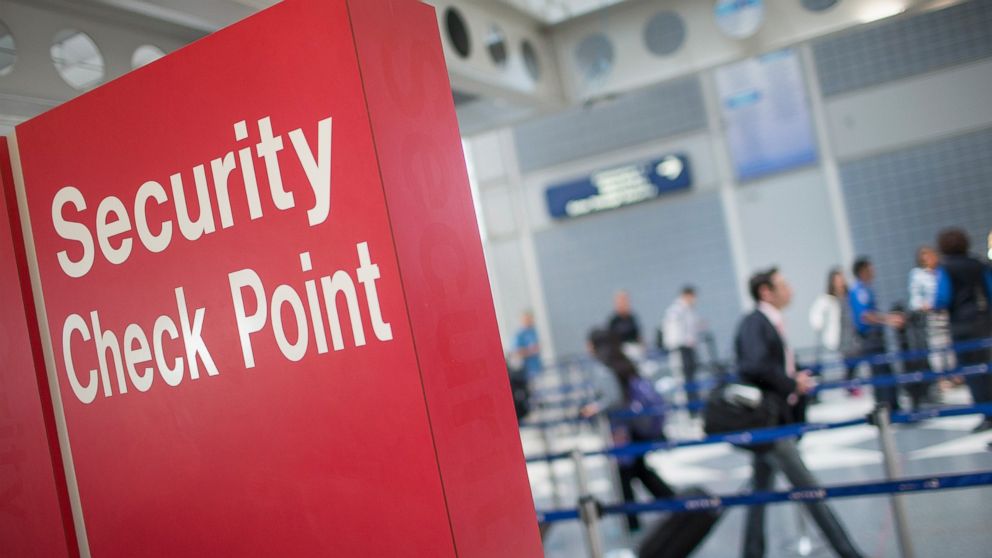
Photo: https://abcnews.go.com/
The changes introduced after 9/11 have had a significant impact on the aviation industry worldwide. While some passengers may find the new security measures inconvenient, they are essential to ensuring the safety of air travel. The measures have also resulted in a greater sense of security among passengers, which has helped to rebuild confidence in the aviation industry after the events of 9/11.
In conclusion, the aviation security scenario changed significantly after 9/11. The terrorist attacks exposed significant gaps in aviation security, which led to a rapid overhaul of security measures worldwide. The changes introduced by the TSA and Annex 17, as well as other countries, have improved the overall security of air travel, making it safer for passengers and crew alike.

